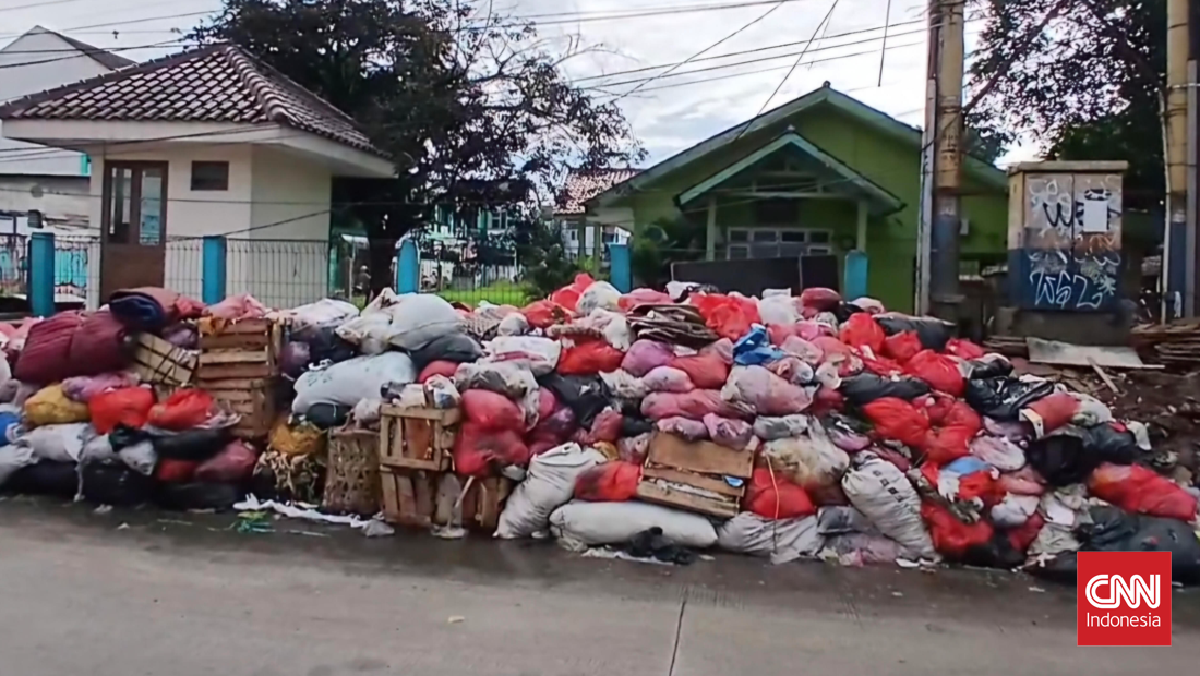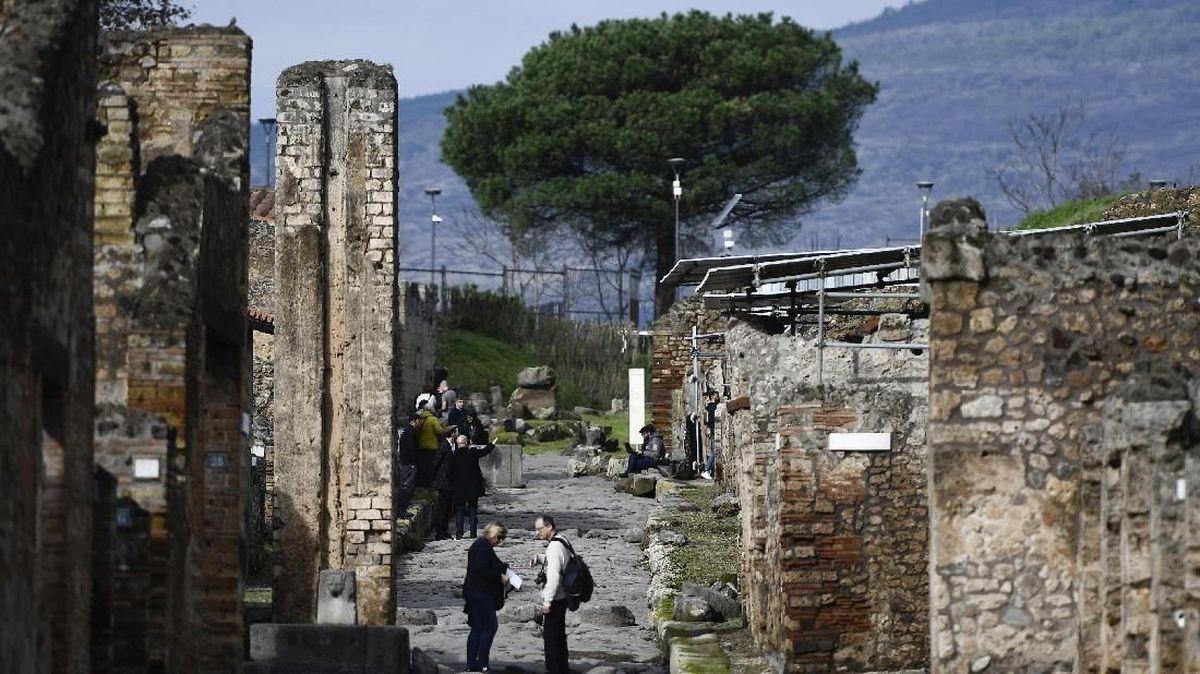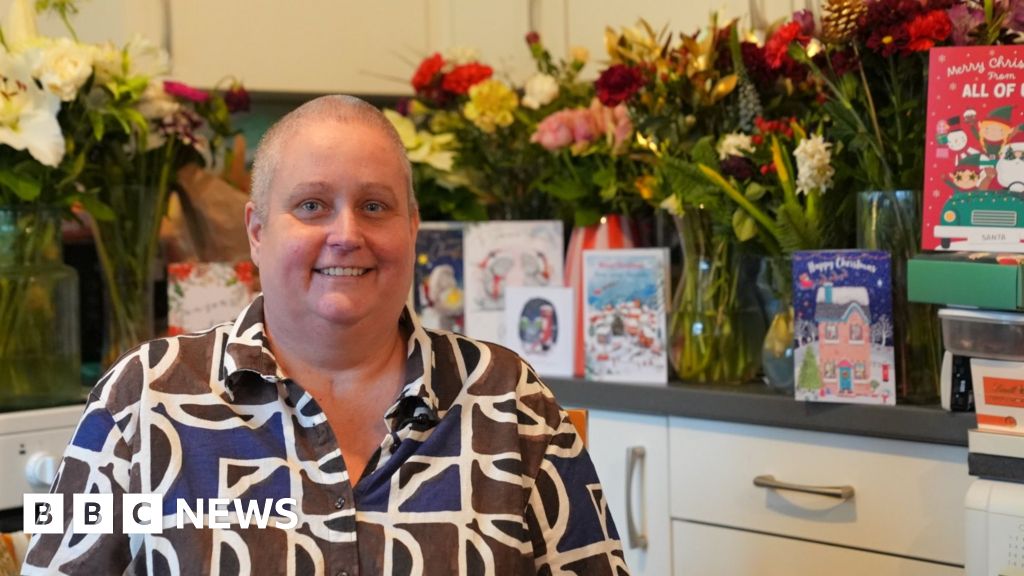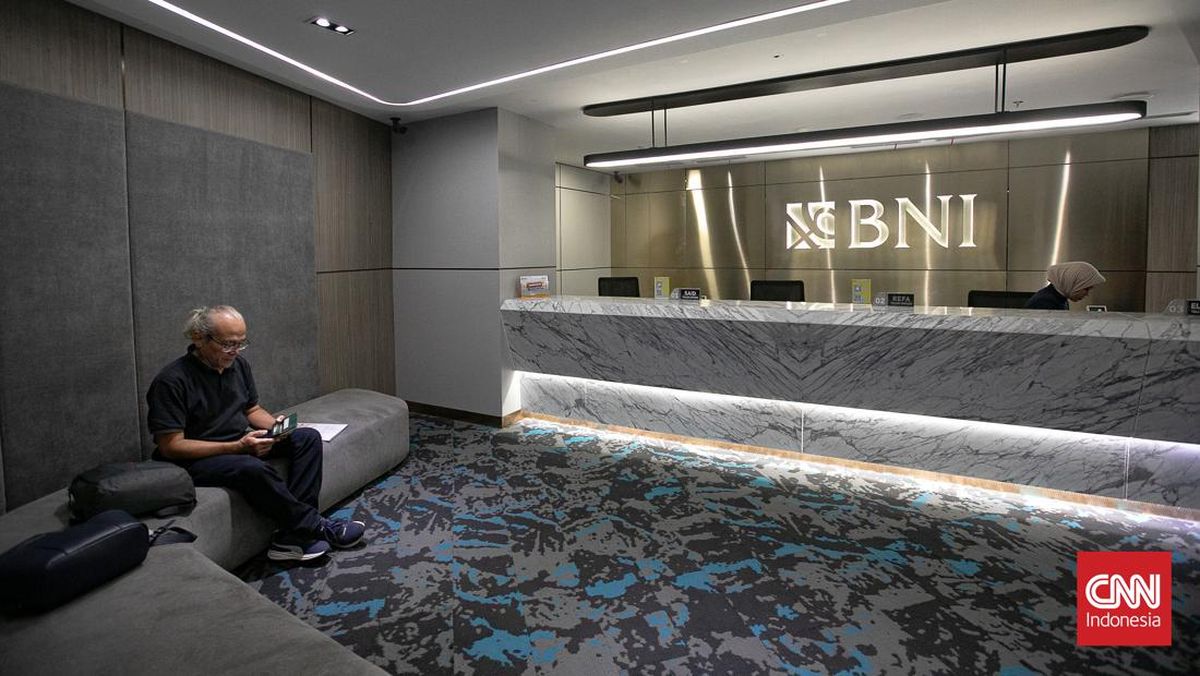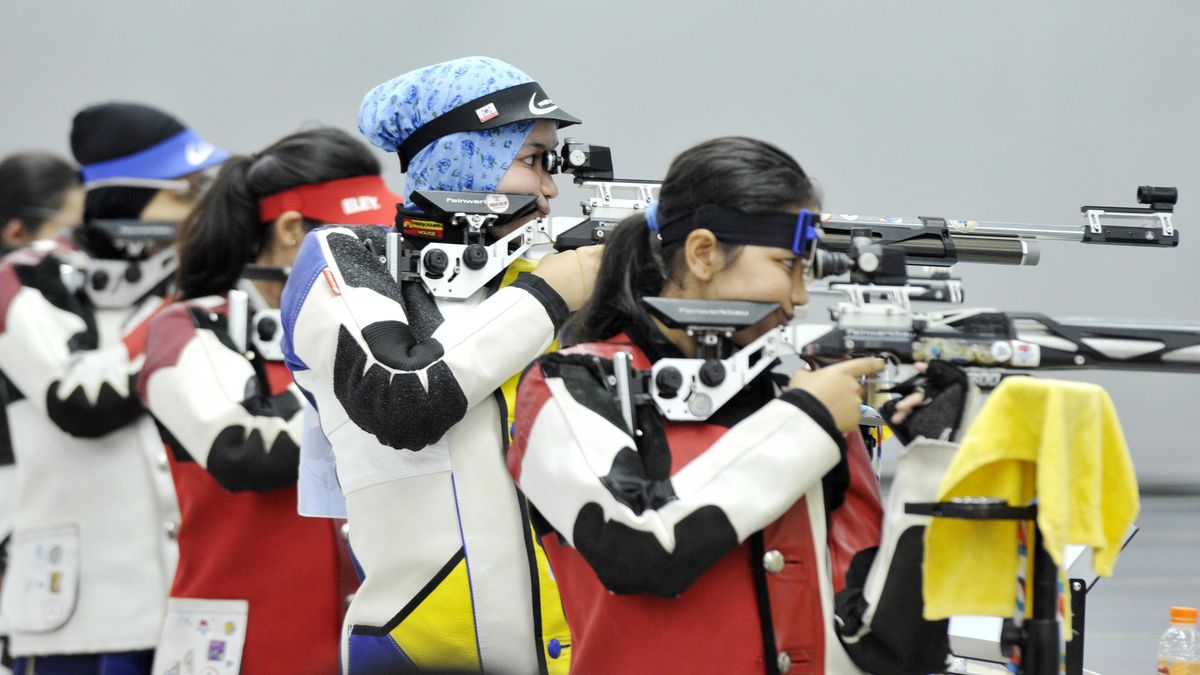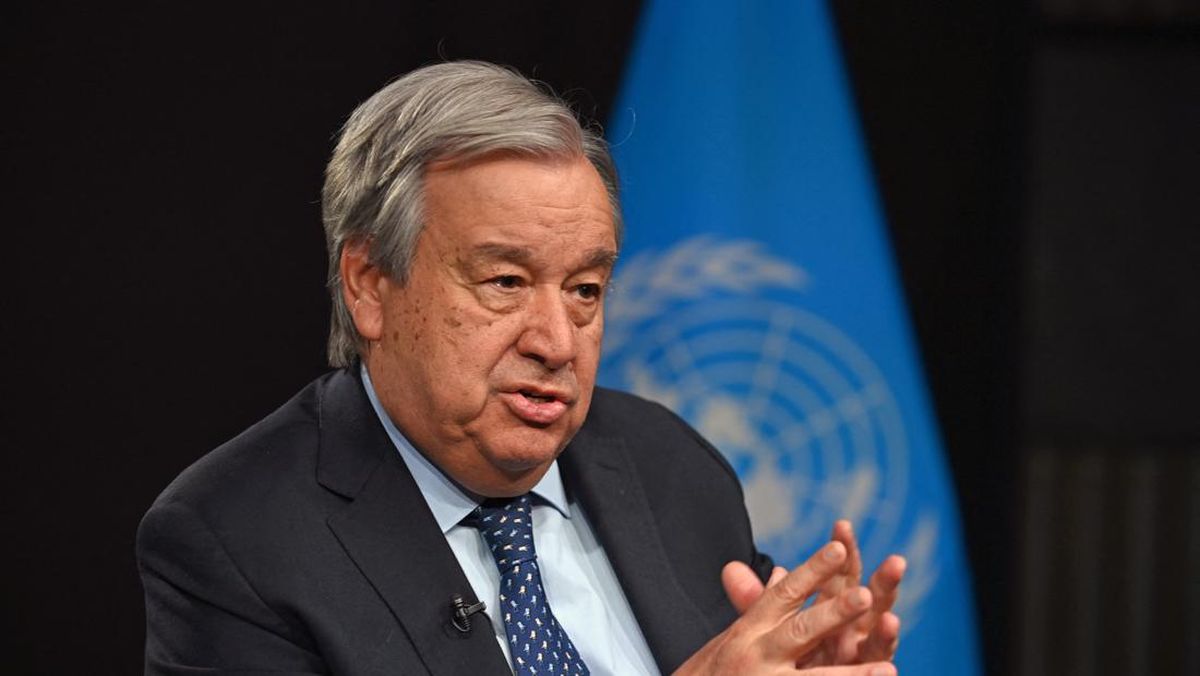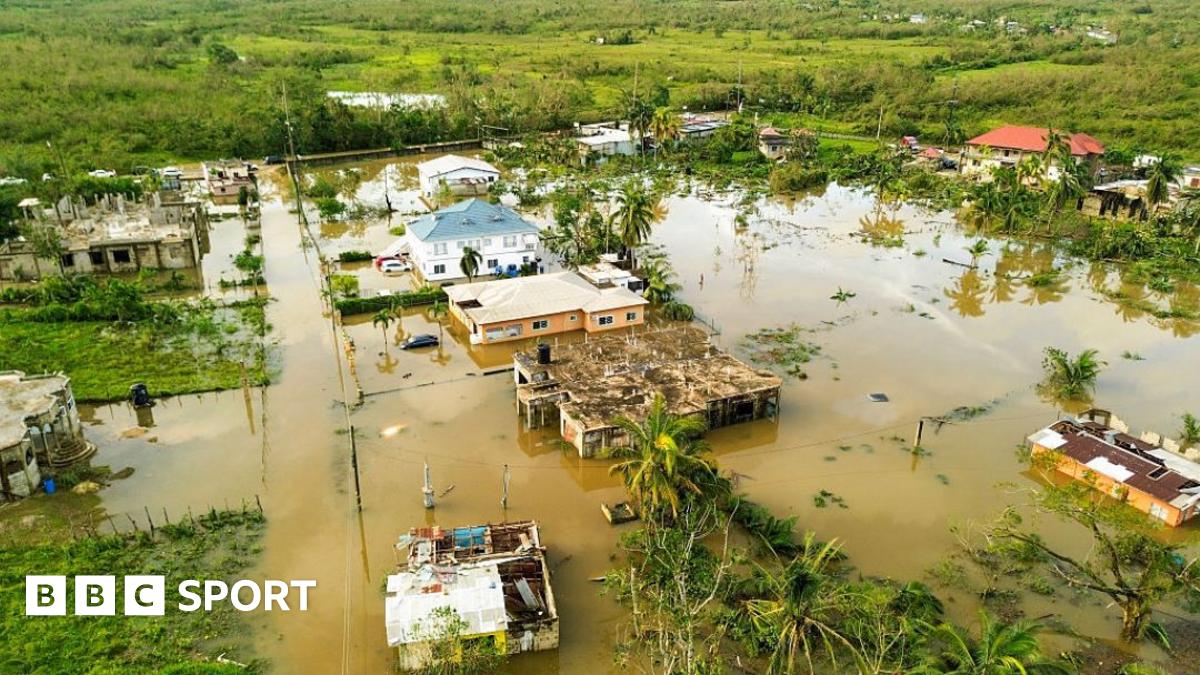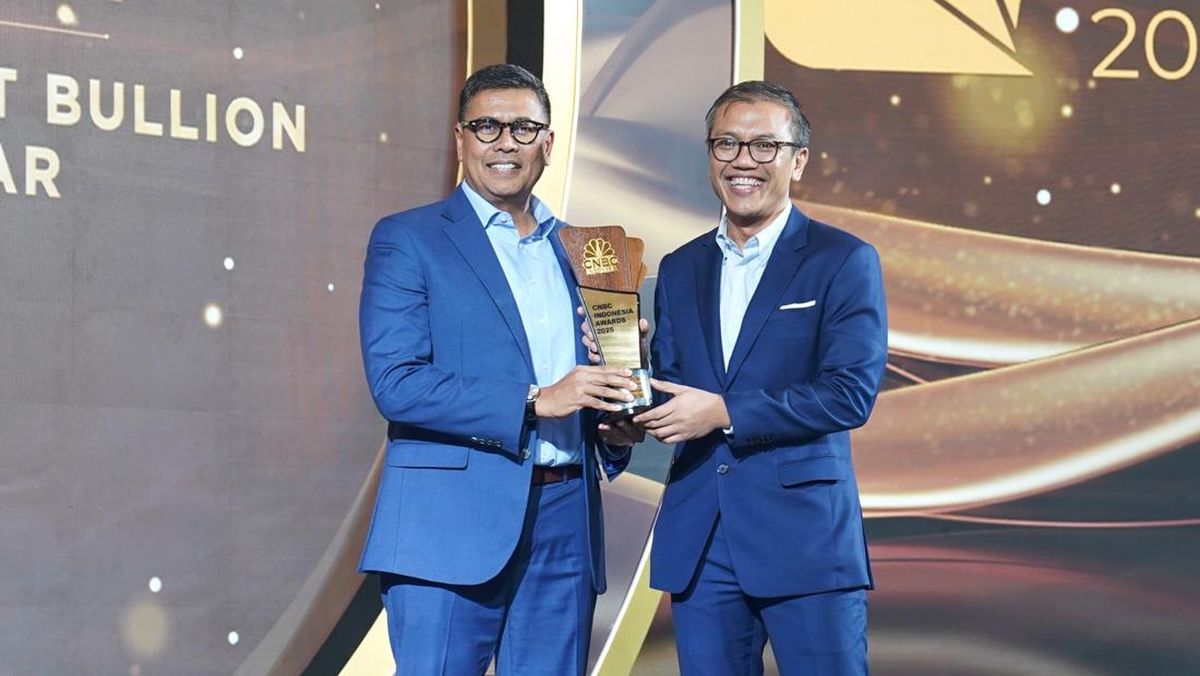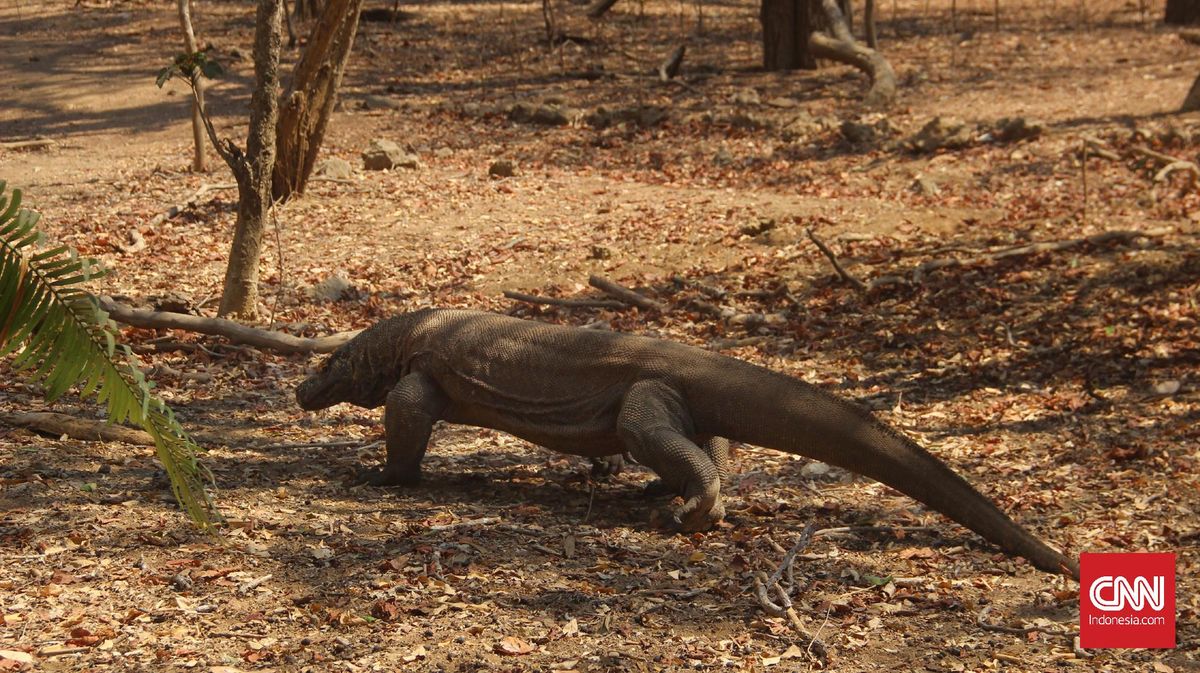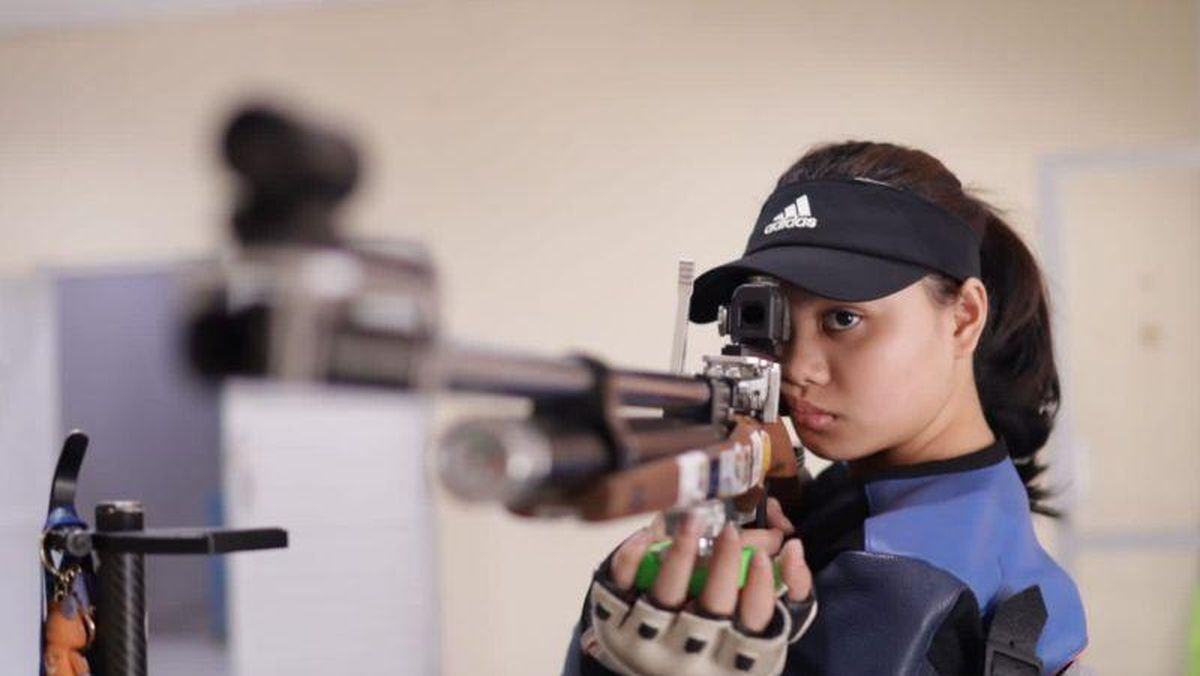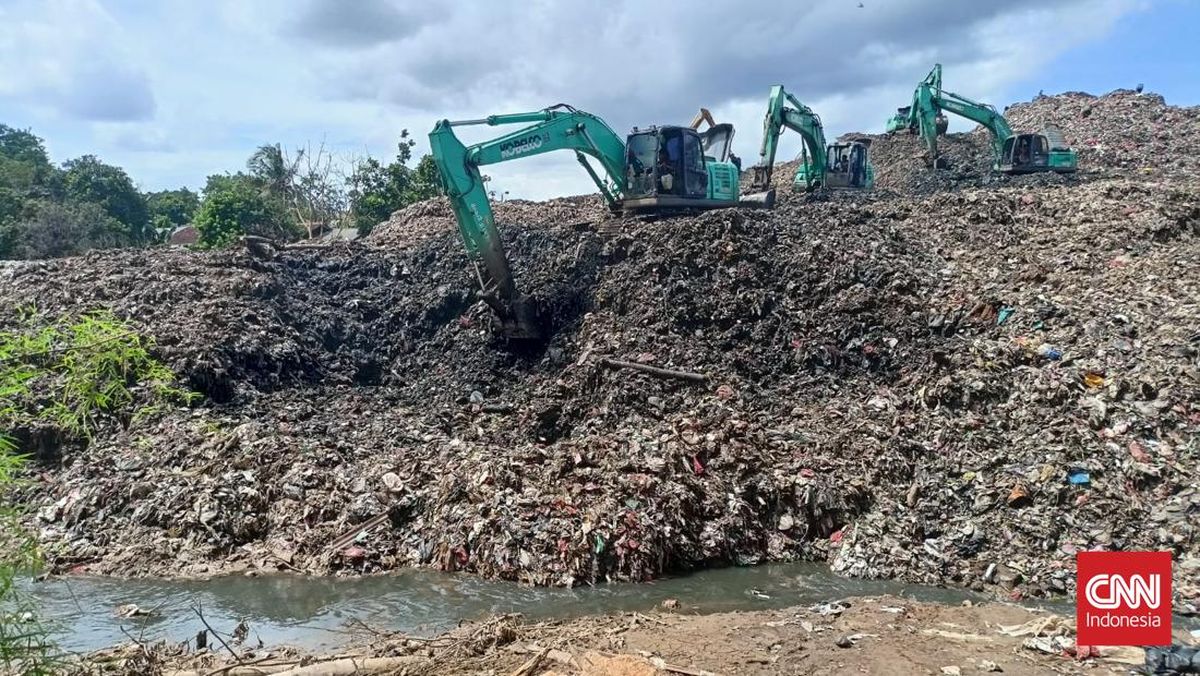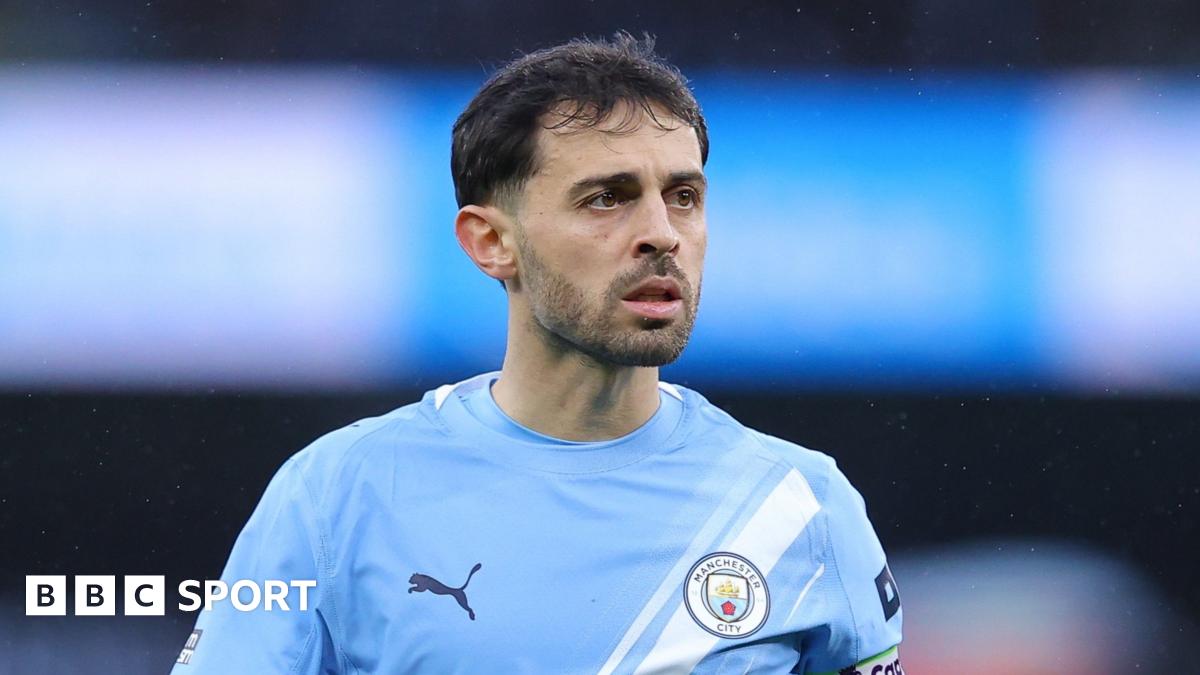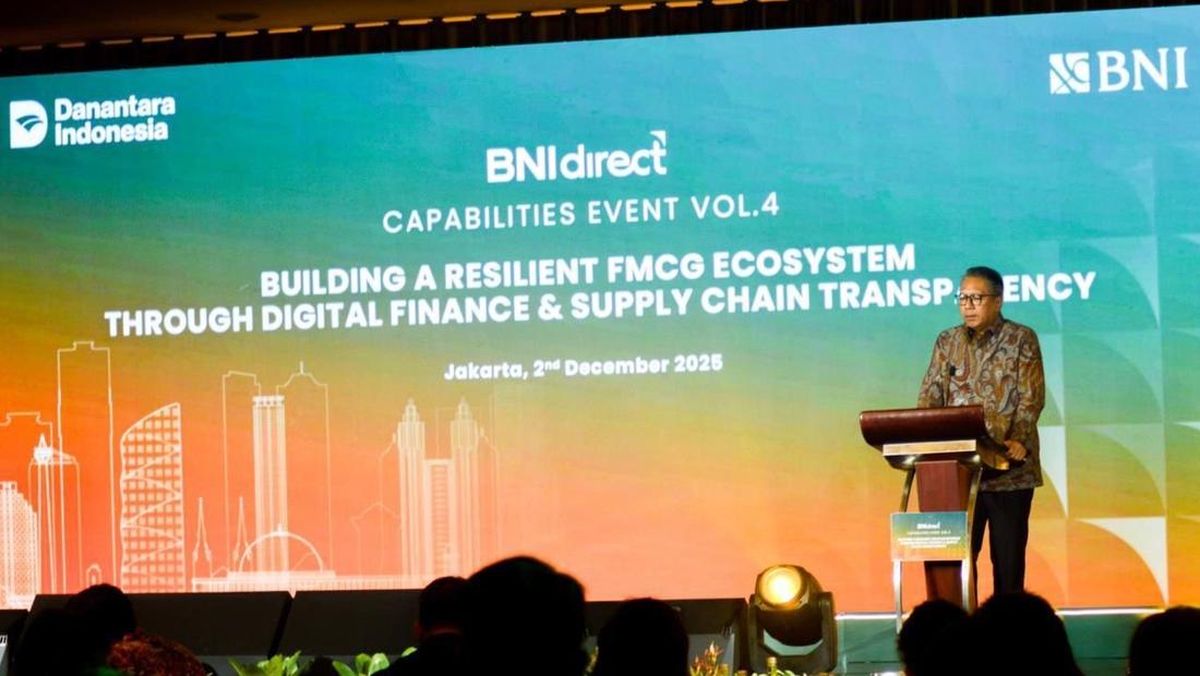Washington: Kim Beazley, the former Labor leader, defence minister and ambassador to the US, urged Anthony Albanese not to rush to secure a meeting with US President Donald Trump, at least until the fate of AUKUS was known.
“But if they invite you, you have to go,” Beazley says. “They obviously felt bad about it,” he said of the failed attempts for the two men to meet.
Albanese arrives in Washington with the AUKUS defence pact still under a cloud but confident the $368 billion agreement will proceed as planned. He also comes armed with a goodie bag of critical minerals, new defence spending and superannuation money intended to satiate the US president’s desires.
“What have we got to offer? Shitloads,” says Beazley.
This is Albanese’s seventh trip to the US as prime minister, and his sixth interaction with Trump – if you count last month’s handshake and selfie at the United Nations in New York.
The wait for a face-to-face encounter – and the pure politics of Albanese being of the centre-left and Trump a right-wing Republican – has brewed a narrative from some commentators (and the opposition) that Australia is on the back foot, losing favour in Washington and fearful of what might transpire in the Oval Office.
Beazley says that’s wrong. “I don’t think he’s scared about meeting Trump at all,” he says. “Albo is a developed Albo. He’s been there now quite a while. He’s very self-confident.”
Nonetheless, there have been nerves in Washington this week that exceed the usual level of carefulness from Australia’s embassy and its ambassador, former Labor prime minister Kevin Rudd.
On Thursday, Rudd hosted a full-day AUKUS summit at the embassy, with a packed speakers’ list that included Rudd, five members of the US Congress, Australia’s Defence Industry Minister Pat Conroy, Defence Department secretary Greg Moriarty and British Prime Minister Keir Starmer’s special adviser on AUKUS, Steven Lovegrove, among many others.
Presented by the American Australian Association, the summit and its entire agenda were advertised online. But unlike the equivalent event last year – which was not held at the embassy – the media was not allowed inside, not even for the keynote addresses. US sources indicated they were disappointed by that.

Australian ambassador to the US Kevin Rudd on stage at the International Institute of Finance in Washington this week.Credit: Bloomberg
Journalists were likewise not permitted at another event Conroy attended with defence industry figures and members of Congress the previous evening. And Australian media were not told Rudd would be speaking on stage at the Institute of International Finance’s annual conference in Washington.
Conroy and Treasurer Jim Chalmers, who was visiting for a financial summit, did hold press conferences while in town. And it is common for the embassy to hold private functions. But the degree of secrecy regarding events in Washington this week has frustrated Australian correspondents in the lead-up to the prime minister’s meeting with Trump.
Publicly, the government is projecting confidence about the encounter. It is convinced the AUKUS defence pact will survive Trump’s “America First” review, and knows it has a compelling offer to make on critical minerals at a time when the US is desperate to find alternative suppliers to China.
Privately, though, some are anxious about what could happen when Albanese comes face to face with the highly transactional, notoriously impulsive Trump. Avoiding a “Zelensky moment”, or the humiliation of South Africa’s Cyril Ramaphosa, is a top priority.

Volodymyr Zelensky and Donald Trump during their heated Oval Office meeting in February.Credit: Bloomberg

President Donald Trump shows South Africa’s President Cyril Ramaphosa stories about white farmers who were victims of crime, during their Oval Office meeting.Credit: AP
“Anthony Albanese would like to have a meeting that affirms the importance of the alliance, and get out of the Oval Office without any fireworks,” says Charles Edel, Australia chair at the bipartisan Centre for Strategic and International Studies think tank in Washington. “That’s clearly what everyone’s gunning for.”
But that’s not guaranteed, Edel says, noting Trump has played fast and loose with its close ally and neighbour, Canada.
“I think that we can say that Donald Trump has, generally speaking, a warm set of feelings toward Australia – he generally thinks of Australia as a good ally. That doesn’t necessarily translate into his desire to have a positive meeting no matter what.”

Canadian Prime Minister Mark Carney meets US President Donald Trump in the Oval Office in May.Credit: AP
On the sensitive topic of defence spending, Albanese can make the case Australia is already lifting expenditure and making key investments that benefit the US, including $12 billion for the Henderson shipyard and this week’s announcement about co-production of guided missiles.
But will that be enough for Trump, who likes to talk about the headline figure of defence spending as a share of gross domestic product? The US has been forthright that it wants Australia to increase expenditure to 3.5 per cent from 2 per cent (or 2.8 per cent, Conroy says, if using a NATO formula to measure it).
“[Albanese] has been pretty consistent in saying he doesn’t think GDP is a useful metric,” Edel says. “That is not, however, how the Trump administration talks about things. That’s not what Trump and Pete Hegseth have discussed in terms of what they’re looking for allies to contribute. It’s unclear if that will be sufficient.”
Beazley, who says he has advised Albanese about how to talk to Trump about critical minerals, said Australia should count its billions of dollars in investments and subsidies for critical minerals as defence spending. If we do that, he said, “we look totally different” in terms of spending as a share of GDP.

Beazley, now the chairman of the Australian War Memorial, and Prime Minister Anthony Albanese in February.Credit: Alex Ellinghausen
Albanese’s task, says Beazley, is to get the Americans to concentrate on Australia – rather than, say, Greenland – as a potential and indeed preferred source of critical minerals. Australia’s strength lies not just in having three dozen of the 50 critical minerals the US needs, but in being able to mine them, process them and supply them fairly and reliably.
“There’s nothing less rare than rare earths,” Beazley says. “If you went out in my backyard with a shovel, you’d probably find some. They pop up everywhere.
“What we need to start to practise is statecraft ... The western world doesn’t do it any more. We basically let the market take care. The market is not necessarily good strategically.”
Loading
Even though Albanese and Trump have had four productive and by all accounts friendly phone calls, Australia’s friends in Washington are relieved the face-to-face meeting is finally happening. They know Trump is an old-school businessman who likes to meet people in the flesh, look them in the eye and make a judgment.
Trump can be contradictory. He loves flattery and to be credited for his successes. But he abhors weakness in other leaders. It is clear that Albanese would be best served by an assertive, rather than sycophantic, approach.
A week ago in Egypt, Trump made this clear when praising Turkey’s hardline right-wing leader Recep Tayyip Erdoğan. “I like the tough people better than I like the soft, easy ones,” he said. “I don’t know what the hell it is, it’s a personality problem I suspect.”
Republican congressman Michael McCaul, who co-chairs the Friends of Australia Caucus in Congress and sits on the House Foreign Relations Committee, said he was encouraged Trump was meeting Albanese and hoped they would discuss ways to make AUKUS strong, successful and enduring.
“[AUKUS] serves as a critical deterrent to the Chinese Communist Party’s malign activities in the Indo-Pacific,” he said. “As I’ve been told in my briefings, AUKUS is what keeps Chairman Xi [Jinping] up at night.”

A US Virginia-class submarine.Credit: US Defence
That AUKUS can be a regional bulwark against China may be its strongest selling point to Trump, as well as its role in spurring submarine manufacturing – something the US president is keen to do. But it would also involve the US giving up nuclear-powered vessels at a time when it is not producing enough of them for its own needs.
The Pentagon’s AUKUS review is due before Christmas, and there was even speculation it could be timed to coincide with Albanese’s visit. Pentagon personnel could not be reached for comment.
Loading
In any case, Edel says getting the president’s personal imprimatur on AUKUS matters. “It’s ultimately up to the president to determine the shape and direction of such a large initiative.”
Like Chalmers – who headed from Washington to New York to spruik Australia as an investment destination to investors such as Blackrock, Mastercard and IFM – Albanese can also impress Trump with the lure of billions of dollars in investment from Australia’s superannuation funds.
“Trump loves to hear that,” says Edel. The president has touted trillions in promised investments from other countries; the White House keeps a list on its website.
Asked why reporters were barred from Thursday’s AUKUS conference at the embassy, a spokesperson for the Department of Foreign Affairs and Trade said: “The Australian embassy in Washington routinely hosts and participates in engagements with key industry and business to support and promote Australia’s interests.
“The ambassador regularly invites media to these events including an engagement this weekend.”
Get a note directly from our foreign correspondents on what’s making headlines around the world. Sign up for our weekly What in the World newsletter.

